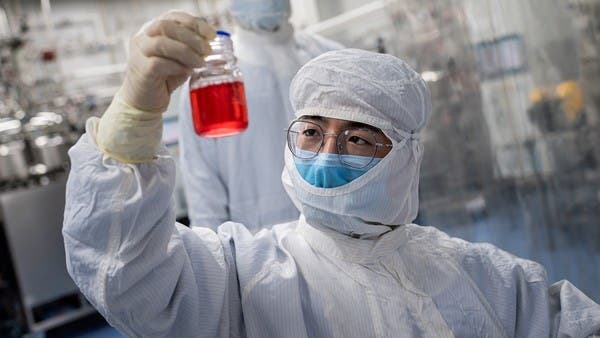WHO head Tedros Adhanom Ghebreyesus tweeted on Monday that the organization was working with CEPI vaccines and Gavi, the Vaccine Alliance, two organizations that aim to provide access to vaccines in underserved populations.
For more on coronavirus, visit our dedicated section.
“Only together, can we stop this pandemic and save lives and livelihoods,” WHO Director-General Ghebreyesus said on Twitter.
His comments come amid fear that wealthier countries may try to buy up all the stocks of vaccines and distribute it to their populations first.
“The US has bought up virtually all the stocks for the next three months of one of the two drugs proven to work against Covid-19, leaving none for the UK, Europe or most of the rest of the world,” the Guardian reported on June 30, referring to the US decision to buy more than 500,000 doses of Gilead’s production of remdesivir.
The US stock accounts for all of July’s production and 90 percent of August and September, the Guardian reported.
WHO working for global COVID-19 vaccination
The WHO and their partner organizations, including CEPI, announced at the end of June a $18.1 billion plan to purchase 2 billion doses of COVID-19 vaccines for the highest-risk populations once such a vaccine is developed.
CEPI, the Coalition for Epidemic Preparedness Innovations, launched COVAX to ensure equitable access to COVID-19 vaccines. CEPI was founded by the Bill & Melinda Gates Foundation in 2016.
“Of this total, $11.3 billion is needed urgently to cover investments within the next six months. This includes around $2 billion in funding for advance market commitments to secure doses for LMICs [low- and middle-income countries]. It also accounts for an emergency buffer of doses with mixed funding sources,” a backgrounder on the COVID-19 Vaccine Global Access Facility (COVAX) on Gavi’s website read.
By the end of 2021, global health officials suggest that doses could be delivered to high-risk individuals, health care workers, people over the age of 65, and adults with preexisting conditions.
Read more:
Coronavirus: Broken heart syndrome on the rise during COVID-19, research finds
Effective coronavirus vaccine to fight pandemic unlikely by 2021: COVID-19 expert
Ten million children ‘may never return to school’ after coronavirus
“[COVAX] partners will work together to setup the framework and mechanism required to ensure fair allocation” of a vaccine, a press release on CEPI’s website read.
If a safe and effective vaccine is found, eventually sufficient production capacity will be secured, meaning it will be possible that all who need a vaccine can receive one.
However, during the scale up process, there will be a time period where vaccine supplies are limited and will therefore need to be prioritized.
“When a successful vaccine is found, worldwide demand will be in the billions of doses to address the epidemiologic needs. But initial supply will inevitably be limited. The current best-case estimate is that no more than a few hundred million doses will be available by December 2020,” the backgrounder by Gavi read.
Gavi was created in 2000, also by the Bill & Melinda Gates Foundation.
“The main allocation criteria are based on the most urgent goal of reducing mortality, protecting health systems and policy,” the report read.
Source:english.alarabiya.net/
